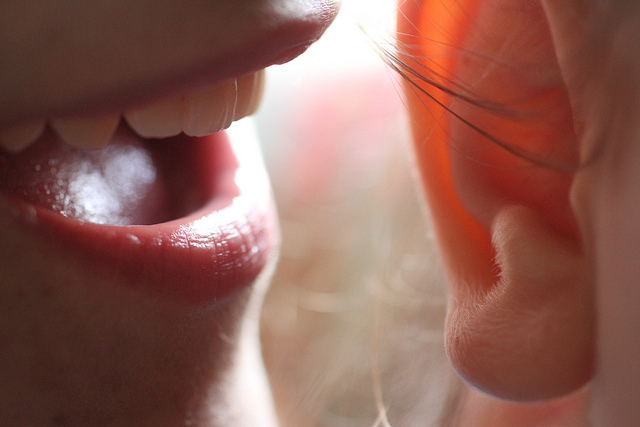Publicity boosts cooperation more than cash rewards
Ars Technica » Scientific Method 2013-06-17
Cooperation occurs when we act on behalf of a common benefit, often at personal cost. Everyone would be better off if an entire group cooperates, but some individual members can do better if they go it alone, so self-interest undermines cooperation. A new study indicates that your reputation—in terms of whether people are aware that you're cooperating—plays a pivotal role in your decision to cooperate.
Studies on the evolution of cooperation, or how cooperation can emerge and persist, use the Prisoner’s Dilemma as the standard example to demonstrate why people may choose not to cooperate. In the Prisoner’s Dilemma, two men are arrested and held in separate cells. Due to a lack of evidence, the prosecution plans to sentence each man to year in prison on a lesser charge. If either suspect testifies against his partner, he will go free, while his partner will be sentenced to three years in prison; if both men testify against each other, then they will each serve two years. Each man is better off if he cooperates.
The Prisoner’s Dilemma is an example of direct reciprocity, where two individuals affect one another's fate. But cooperation can also be based on indirect reciprocity, which is centered on repeated encounters between a group of individuals. In a sense, it’s the karmic approach—the belief that your good deeds toward others will come full-circle, and someone will eventually scratch your back.
Read 7 remaining paragraphs | Comments
